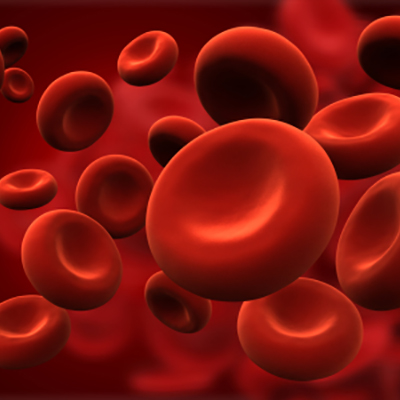September 23, 2022 -- A new discovery from the University of Virginia (UVA) School of Medicine could let doctors increase the production of blood-clotting platelets on demand. The research is timely given the Red Cross’s declaration of a national blood shortage “crisis” earlier this year.
UVA researchers, funded by the National Institutes of Health, published their findings on August 4 in the Journal of Clinical Investigation and made a September 21 announcement.
In addition to making lifesaving platelets available for transfusion, UVA's discovery could help doctors better treat thrombocytopenia, a dangerous clotting disorder in which patients --particularly premature babies -- have too few platelets. Thrombocytopenia strikes almost a third of newborns in intensive care.
The finding may also benefit cancer patients who need cord-blood transplants when suitable donors are unavailable for stem cell transplants. Finally, the research may enable the creation of "designer platelets" that do not elicit an immune response -- a major problem in cancer patients.
The researchers studied platelet-producing cells called megakaryocytes and how they change between birth and adulthood. In babies, megakaryocytes are better at making more megakaryocytes -- building platelet-production factories -- than they are at making the platelets themselves.
Eventually, platelet numbers go up, but the ability to create new platelet "factories" slows dramatically. The researchers found that they could toggle megakaryocytes between their infant and adult modes -- between making factories or making platelets -- by blocking a particular enzyme called Dyrk1a.
"In the short term, we hope to improve the efficiency of donor-independent platelet production to the point where it could be scaled up for routine clinical use. In the long term, we hope to identify new patient treatments that could stimulate rapid platelet recovery," Dr. Adam Goldfarb, chief of UVA's Division of Experimental Pathology, said in a statement. "Our findings offer a perfect example of how studying infantile versus adult cell development can yield clinical benefits."
Copyright © 2022 scienceboard.net









